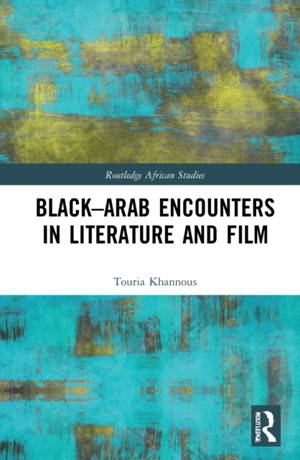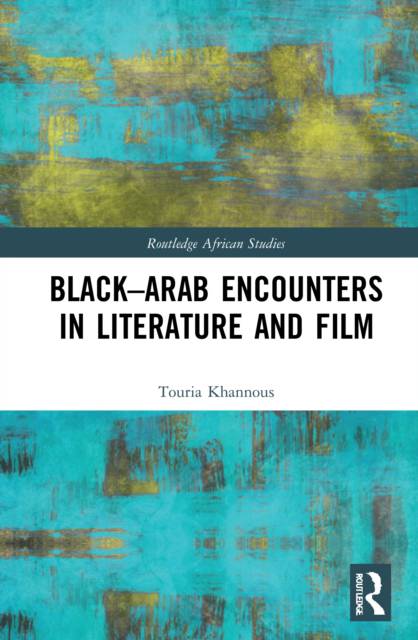
- Afhalen na 1 uur in een winkel met voorraad
- Gratis thuislevering in België
- Ruim aanbod met 7 miljoen producten
- Afhalen na 1 uur in een winkel met voorraad
- Gratis thuislevering in België
- Ruim aanbod met 7 miljoen producten
Omschrijving
This book investigates how representations of Black Africans have been negotiated over time in Arabic literature and film.
The book offers direct readings of a representative selection of primary texts, shedding light on the divergent ways these authors understood race across different genres, including pre-Islamic classical poetry, polemical essays, travel narratives, novels, and films. Starting with the first recognized Black-Arab poet Antara Ibn Shaddad (580 C.E.) and extending right up to the present day, the works examined illuminate the changes in consciousness that attended Black Africans as they negotiated their position in Arab society. In a twist to Edward Said's Orientalism, the book argues that scholars in the Middle East and North Africa generated a hierarchical representational discourse themselves, one equally predicated on the Self-Other binary. However, it also demonstrates that Arab racial discourse is not a linear rhetoric but changes according to history, political circumstances, and ideologies such as tribal politics, the Shu'ubiyya movement, nationalism, and imperialism. Blacks and Arabs have had tangled relationships that are based not only on race but also on kinship and solidarity due to trade and other types of connections.
Challenging fundamental assumptions of Black Diaspora studies and postcolonial studies, this book will be of interest to scholars of the African diaspora, Arabic literature, Middle East studies, and critical race studies.
Specificaties
Betrokkenen
- Auteur(s):
- Uitgeverij:
Inhoud
- Aantal bladzijden:
- 146
- Taal:
- Engels
- Reeks:
Eigenschappen
- Productcode (EAN):
- 9781138615700
- Verschijningsdatum:
- 27/08/2021
- Uitvoering:
- Hardcover
- Formaat:
- Genaaid
- Afmetingen:
- 156 mm x 234 mm
- Gewicht:
- 408 g

Alleen bij Standaard Boekhandel
Beoordelingen
We publiceren alleen reviews die voldoen aan de voorwaarden voor reviews. Bekijk onze voorwaarden voor reviews.












